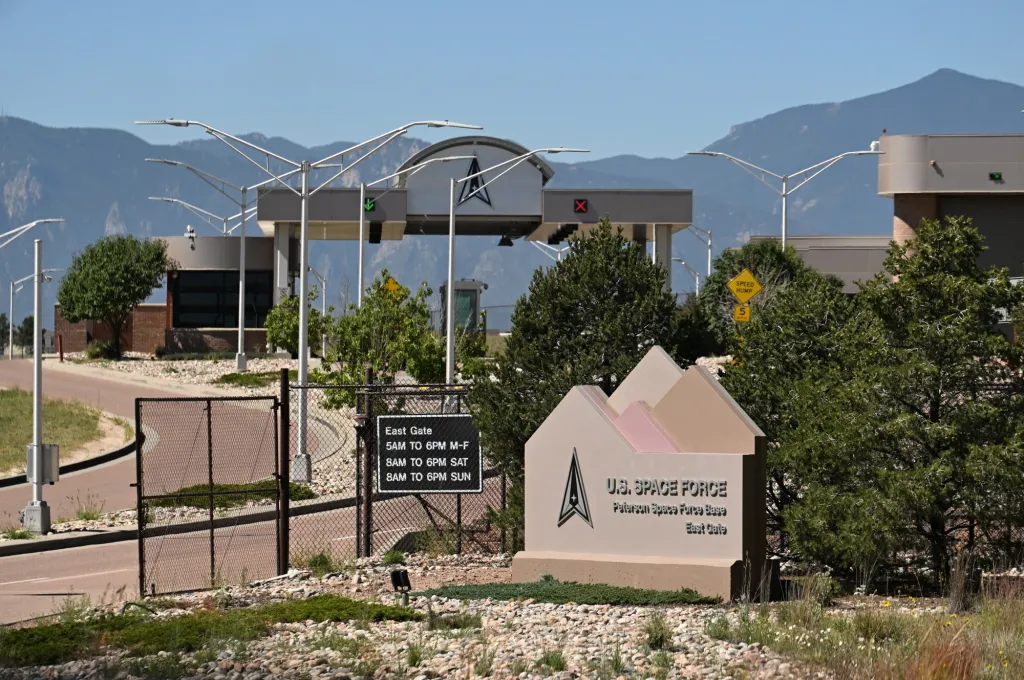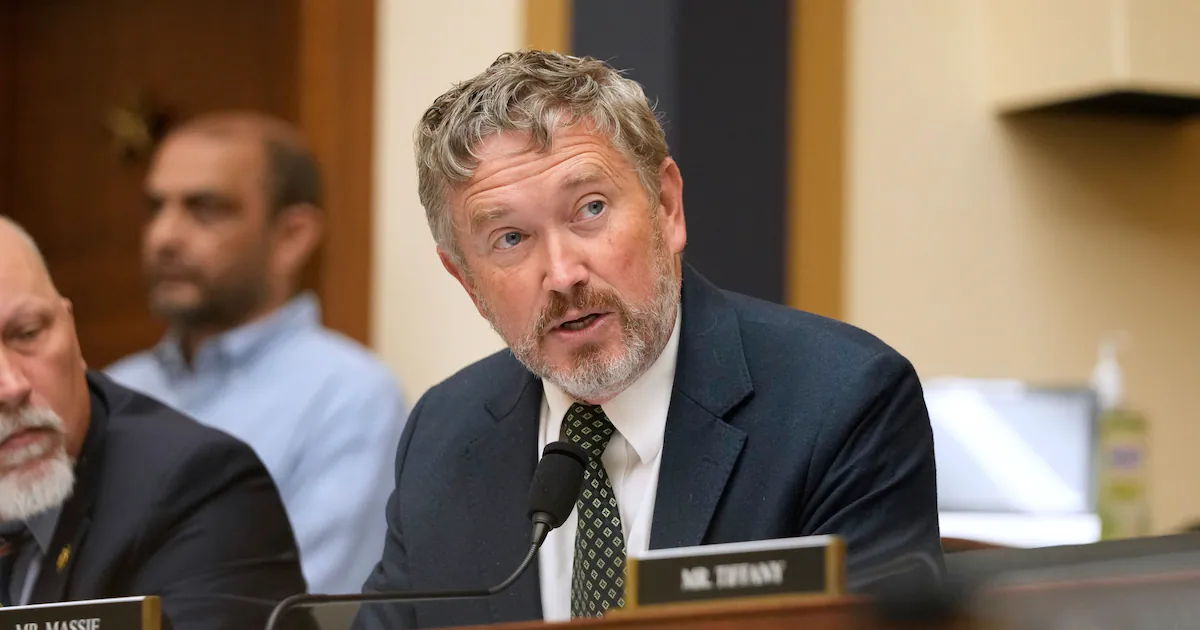
By Junie Joseph
Sunday, September 21, 2025, marks the International Day of Peace, established in 1981 by the United Nations General Assembly. It is a day to reflect not only on whether peace is possible but also on what it requires of us. Can we achieve peace on our own, relying only on the fundamental goodness of human beings? Or do we, as history suggests, need institutions, sometimes even powerful ones, to help sustain it?
There are those who believe in the innate ability of people to live harmoniously without the structures of government, imagining a world of free thought, love and no war. Yet realists remind us that conflict is part of the human condition. Interests diverge, resources are scarce and disputes inevitably arise. For them, peace is not an accident but the product of strong arbiters. Institutions, and yes, sometimes militaries, hold the legitimate use of force. To the realist, peace is secured not through ideals but through strength. The stronger and more credible the arbiter, the more stable the peace. Military and technological advancements, in this view, are not threats to peace but tools for protecting it.
I understand the realist perspective. In our social contract, we surrender our individual power to wield force, entrusting governments to arbitrate what is just and fair. But what happens when the arbiter abuses its power, when it begins to act arbitrarily against the very people it is meant to protect? Across the country, we have seen federal programs defunded, leading to thousands of lost jobs and deepening poverty. We have seen efforts to dismantle diversity, equity and inclusion initiatives, which, according to the United Nations, can heighten the drivers of violence by fostering inequality and discrimination. These actions erode the very conditions that allow peace to flourish.
Now, we face a new challenge. President Donald Trump has announced his intent to move U.S. Space Command from Colorado Springs to Redstone Arsenal, Alabama. He has made this decision not because of military necessity, but because of politics. Reports indicate that Colorado’s mail-in ballot system, which ensures access for people with disabilities, LGBTQ+ Coloradans, and communities of color, factored into his decision. Mail-in voting is a safeguard of democracy, not a threat to it. To pressure Colorado to choose between protecting voting rights and keeping Space Command is to place our state in an unfair and dangerous position.
This is not a routine relocation. It is a decision with devastating consequences for our state’s workforce, aerospace industry, military families and national security. Colorado is home to one of the most robust aerospace ecosystems in the country. Over the past five years, aerospace and defense employment here has grown by more than 26%. Last year alone, our state secured over $38 billion in federal contracts. Colorado Springs houses not only Space Command but also NORAD and a constellation of private contractors. This ecosystem cannot simply be uprooted and replicated elsewhere.
On April 21, 2025, the USSPACECOM Commander raised concerns in a Department of Defense Inspector General report about the relocation and “its risks to operational capability.” Rebuilding secure facilities, reestablishing communications networks, and relocating trained personnel will waste hundreds of millions of taxpayer dollars. Worse, it risks leaving dangerous gaps in readiness just as adversaries like Russia and China accelerate their expansion in space.
But this is not only about numbers or national defense. Behind every statistic are families. Civilians and service members alike have bought homes, enrolled their children in schools, and invested in Colorado communities under the promise of stability. Uprooting them now would mean uprooting their lives. As Attorney General Phil Weiser has rightly said, “Moving Space Command Headquarters to Alabama is not only wrong for our national defense, but it’s harmful to hundreds of Space Command personnel and their families.”
The decision appears politically motivated. Gov. Jared Polis has warned that such a move “will diminish military readiness and national security and erode the trust Americans have in our country and its leaders to do the right thing.” Trust, once eroded, is hard to rebuild. And when people lose trust in their government, peace itself becomes fragile.
Colorado cannot afford this loss. The move would tear at the fabric of our aerospace and defense sector, jeopardize thousands of good-paying jobs, and weaken our ability to support intelligence and emergency response missions. It would waste taxpayer dollars and compromise national security. Most of all, it would delegitimize the very institutions that realists believe are necessary for peace.
On International Day of Peace, we are reminded that peace is not just the absence of war. It is the presence of justice, opportunity and trust in our shared institutions. Whether you are a realist or an idealist, one thing is clear. Colorado has earned its place as the home of U.S. Space Command. For the sake of our families, our economy and our country’s security, we must stand united to ensure it stays here.
Junie Joseph represents Colorado House District 10 and is the co-chair of the Colorado General Assembly Aerospace and Defense Caucus.



